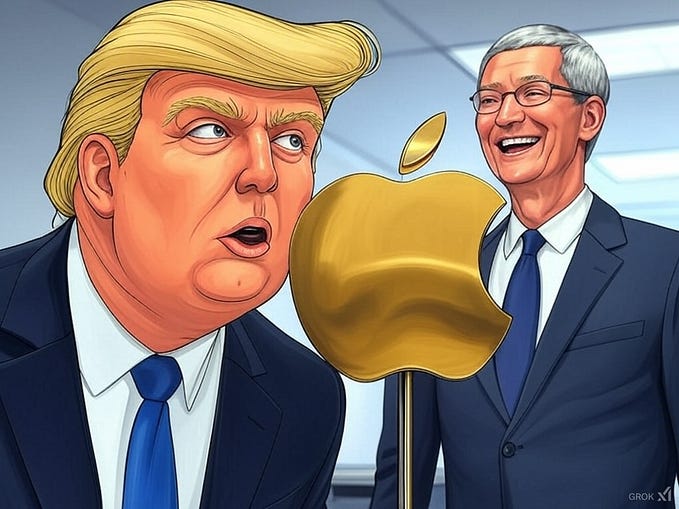On Hong Kong

With the recent and growing protests against an institutionalized regime of discrimination in the United States and with China using the climate of global uncertainty due to the COVID-19 pandemic to solidify its regional influence and power, I am reminded of the freedom protests in Hong Kong. The scenes of violence in Minneapolis, Washington D.C., Los Angeles, and other cities are disappointingly more reminiscent of those fighting the openly repressive and tyrannical Chinese Communist Party in Hong Kong than the traditional scenes of constructive political discourse in the United States. The United States and Hong Kong have shared a special, beneficial relationship which dates back to when the city was ceded to China by the UK in 1997. There have been several erosions, over the past five years, of the “one country, two systems” framework which forms the basis of this relationship, namely the detaining of Honk Kong booksellers in 2015 and the proposal of extradition legislation in 2019. The latest infraction came late last month when, following new national security legislation by the Chinese National People’s Congress, Mike Pompeo officially informed Congress that Hong Kong “no longer enjoyed a high degree of autonomy under Chinese sovereignty.” This is a meaningful escalation by Bejing and one that may be the beginning of the end for Hong Kong’s autonomy.
The loss of a major, global financial hub and a powerful ally of liberty and democracy should have, in normal circumstances, been the sole priority of foreign ministries and journalists alike. In this country, however, amid the chaos of Trump cutting ties with the World Health Organization, the growing number of Americans killed by the coronavirus, protests around the country, and riots in Minneapolis, the story failed to break through on to the front pages of major newspapers.
Daron Acemoglu noted in Foreign Affairs that institutional collapse often comes “gradually and then suddenly… a gradual decay and then sudden collapse.” The gradual decline of Hong Kong’s institutions of democracy and personal liberty from its time of British occupation, through its transfer of power, and into this new era of Chinese guided instability shows the city on the precipice of Acemoglu’s “sudden collapse.”
The US spent decades propping up dictatorial regimes in Asia, South America, and around the world for the “all-important goal” of rooting out economic systems that valued community principle over personal desire (i.e. communism). I was never a fan of the war in Vietnam or the covert operations in East Asia in the 1960s and 70s which had the combined goal of fortifying American hegemony over growing regional influences. When that was the goal, the US justified its actions as liberations of oppressed people. Now, however, when there are actually freedoms being quashed and democratic institutions being demolished, the US has chosen to stand on the sidelines because it isn’t politically advantageous. At this truly pivotal moment in the history of the world, the US should reaffirm its alliance with the city and demand the restoration of its autonomy. This is the only effective way to signal to Bejing that its encroachments into Hong Kong, its escalation of tensions in the South China Sea, its killing of 20 Indian troops in Ladakh, and its recent naval movements in the pacific will not be tolerated by the world’s undisputed hegemon or its allies.
I understand that this is neither a simple nor an easy course of action. Firstly, in order to maintain the moral authority to intervene in favor of Hong Kong’s people, the US must first address its own domestic injustices. Like how Palestinian leadership objected to further US mediation following proposals by Donald Trump and Jared Kushner, the Chinese government could make a compelling argument that ongoing political uncertainty following nationwide protests and an insufficient response to the global pandemic leave America’s as an illegitimate perspective in “domestic” Chinese affairs. Secondly, the US must abandon its support of foreign authoritarianism. As previously mentioned, during the Cold War and as recently as Kushner’s “Deal of the Century” with Israel which triggered this past week’s annexation plans, US foreign policy has a troubling tendency to show indifference or even outright support toward regimes that are antithetical to our nation’s stated mission and founding principles. While this is done in support of short-term US regional interests, this “enemy-of-my-enemy” philosophy undermines the State Department’s values-based mission statement and therefore its effectiveness abroad. Finally, the US should treat China like the emerging superpower that it is. This does not mean to declare a Trumpian-style trade war, buy back all our debt, attempt to compete with their low-cost labor, or declare them the enemy of the people, instead, China should be treated with the same reverence as Russia, or even the Soviet Union at its peak (it is my understanding that Vladamir Putin still has a direct line to the White House). Only then can the inevitable disputes between the two great powers be expeditiously and diplomatically resolved.
From refusing to acknowledge the 30th anniversary of the Tiananmen Square massacre to his ignorance of modern Uighur concentration camps, Donald Trump and this administration as a whole have proven that none of the above necessities are priorities. It is disappointing but not surprising. That means that the people are on their own against, arguably, the second most powerful force in modern geopolitics. So, to the Hong Kongers, to our brothers and sisters in struggle, good luck.



